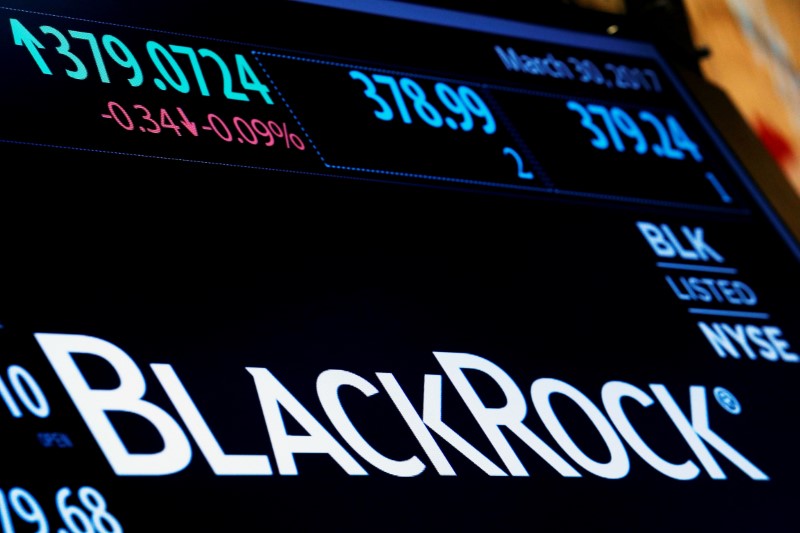Moody’s downgrades Senegal to Caa1 amid rising debt concerns
Investing.com - Investors are now seeking more compensation for the risk of holding long-term bonds as questions swirl around the $36.22 trillion U.S. federal debt pile, analysts at BlackRock (NYSE:BLK) have argued.
In a note to clients, the analysts at BlackRock led by Jean Boivin flagged that last week the benchmark 10-year Treasury yield stood at about 50 basis points above its April lows, adding that other policy developments -- including the trajectory of Trump’s massive so-called "big, beautiful" budget bill -- are drawing focus to the sustainability of U.S. debt.
The tax and spending package is estimated by BlackRock to bring the U.S. deficit-to-gross domestic product ratio to the upper end of its projected 5% to 7% range "or beyond".
"This has revived questions about the diversification role of Treasuries. We have long pointed to the low, even negative, risk premium investors accepted for Treasuries -- and expected it to change," the strategists said.
"That’s now playing out, dragging up developed market government bond yields."
Against this backdrop, the BlackRock analysts said they were staying underweight long-term developed market government bonds, particularly U.S. Treasuries. They added that they currently prefer debt from the euro area and Japan to U.S. bonds.
On Monday, U.S. Treasury yields, which tend to move inversely to prices, edged higher, as traders assessed the implications of President Donald Trump’s announcement last week that he intends to double tariffs on imported steel and aluminum to 50% from Wednesday.
Duties on these items have been in effect, as well as universal 10% tariffs, despite Trump instituting a 90-day pause to his sweeping reciprocal tariffs on most countries. The delay is due to expire in July.
